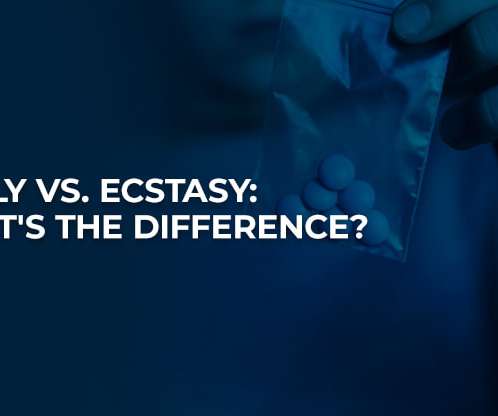Those Mental Health Symptoms May Have a Physical Basis
Gary Direnfeld
SEPTEMBER 23, 2024
Her symptoms were consistent with depression. She was still depressed when we met. ” As much as she could be considered still depressed and perhaps even paranoid, that combined with low energy gave cause to think these were not signs of mental illness. .” She saw her doctor. She was prescribed an antidepressant.











Let's personalize your content